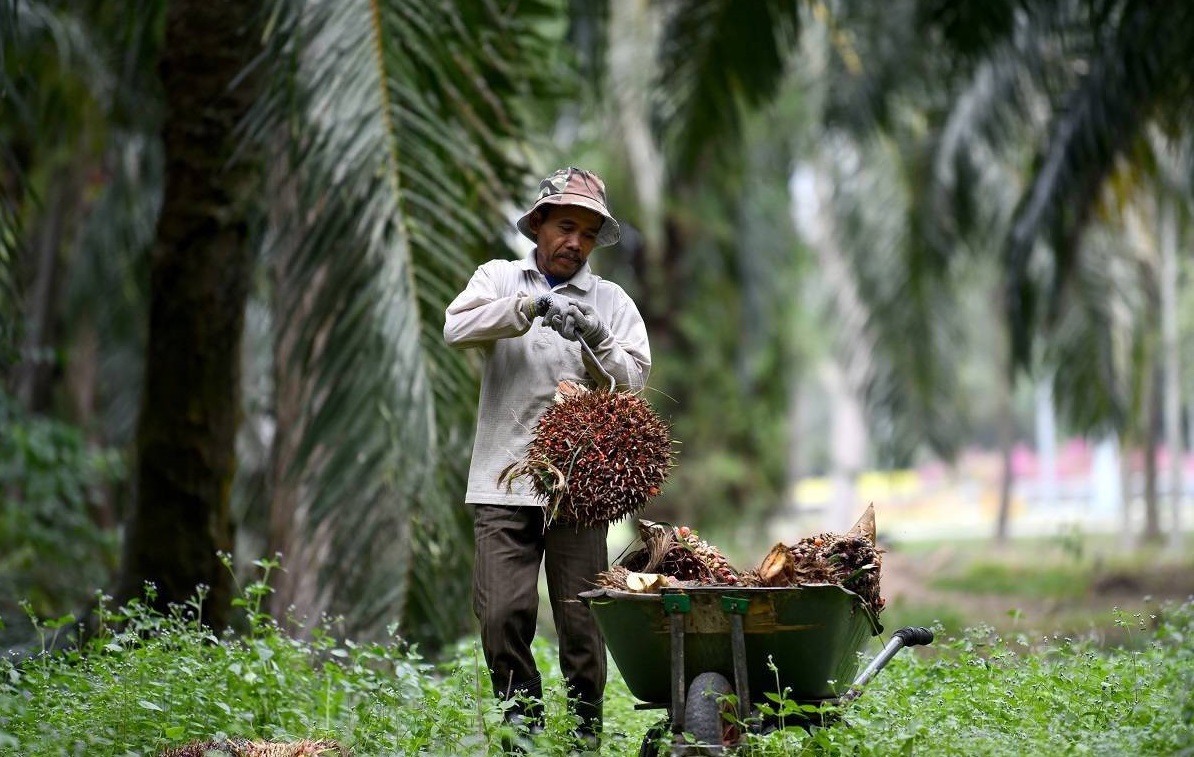RECENTLY, I had the opportunity to participate in a workshop on the housing needs of plantation workers in the country.
I am not sure how many plantations have introduced this scheme which was highlighted in the 1970s by the task force set up under the then government of Tun Abdul Razak, the second prime minister.
When I did my research on the plantations in the 1980s and 1990s, only 49 plantations had introduced the house ownership scheme for plantation workers.
Tennamaram Estate in Kuala Selangor was the first plantation to introduce the house ownership scheme for workers.
In the 1990s, there were about more than 2,000 private plantations in the country, big and small, including the ones owned by the government-linked companies (GLCs).
Between the 1990s and until the present, I am not sure as to the extent of the implementation of the house ownership programme in the plantations.
Probably the number might have increased, but at the same time plantation acreage might have shrunk due to development, sales of plantations land and creeping commercialisation.
In industrial states like Penang and Selangor, the shrinkage of plantation land might be more rapid in comparison to the other states.
The struggle for house ownership amongst plantation workers is actually is part of the larger struggle for workers’ emancipation in terms of better and decent housing, better wages beyond the miserable minimum wage, and better living and working conditions.
The struggle engaged by plantation workers is something historical.
It started the day thousands of indentured Indian labourers were brought from India to Malaya to work in the coffee and later rubber plantations.
The prosperity of the country was in large part due to the sacrifice and contributions of workers mainly in the plantations.
But unfortunately, the contributions of the workers have been forgotten by the successive governments in the country.

Instead of liberating the workforce, obstacles in the form of policy measures and laws have been put in place to subdue labour in the larger interest of the capitalists.
Even a rudimentary law that allows for the compulsory introduction of house ownership for workers has not seen the light of the day.
The idea of compulsory housing was mooted to ensure the welfare of workers would be taken care of if plantations are sold to prospective developers.
In fact, given the fact of increasing urbanisation, commercialisation and development, a number of plantations have been sold without the consideration of the welfare and well-being of workers.
So rapid have been the sales, workers and their families have been literally told to vacate the housing quarters in a matter of days, sometimes with no compensation at all.
The National Union of Plantation Workers (NUPW) that represents the workers has hardly any role in fighting for and safeguarding the rights of workers.
It is a pathetic union that lacks the clout or muscle to take on the greedy and capricious capitalists in the plantations, and only exists in name devoid of any meaningful union functions.
In the absence of laws that provide for mandatory house ownership scheme for plantations workers – the existing ones and those who have left the plantations – there is need to seriously rethink and reconfigure the nature of the workers’ struggle.
It must be based on the knowledge that local workers are not the mainstay of the plantations anymore and foreign workers are increasingly employed on contractual basis.
Not to forget the ugly fact that plantation companies have been accused of using forced labour in the plantations.
In the absence of a definitive law, there is nothing to stop the sales of plantation land without providing for compulsory housing for workers.
However, if lands are sold to developers, then the states can step in by way of their local governments to impose specific requirements for planning approval.
This is something that has been successfully done in Penang.
Or, alternatively, states can acquire plantation lands for housing with the aim of getting housing developer to implement housing by way of fulfilling their low-cost or low-medium-cost quota requirements.
In this manner, the state’s only cost is the acquisition of the land whereas the developer who is keen to build the houses can use or transfer the quota requirements.
This is what was done to a former plantation that was subject to compulsory acquisition in Penang.
In another plantation in Penang, the land has been already acquired by the state with a developer being identified to build houses by reliance on the housing quota requirements.
Such an application might not be universal but has utility where the land is owned or might be acquired by the state to address the question of house ownership.

But in more urbanised states like Penang or Selangor, the local governments can be empowered to set planning requirements for those who purchase plantation land with the commercial objective in mind.
If there are old workers quarters on the land, then the local government authorities can impose a planning requirement for house ownership scheme.
In the absence of a definitive law that provides for compulsory housing, other imaginative ways might be sought to implement house ownership for plantation workers.
On top of imagining how the house ownership scheme could be addressed, there is absolute need for political will.
Without political will on the part of the state governments, then there is a possibility that the need for house ownership scheme might be dissipated by over reliance on laws.
The changing developmental situation of the country, the change in the composition of the plantation workforce and other circumstances need to be factored in the overall need to address the economic and social well-being of the plantation workers. – Aug 26, 2022
Prof Ramasamy Palanisamy is the state assemblyperson for Perai. He is also deputy chief minister II of Penang.
The views expressed are solely of the author and do not necessarily reflect those of Focus Malaysia.
Main pic credit: The Edge Markets









